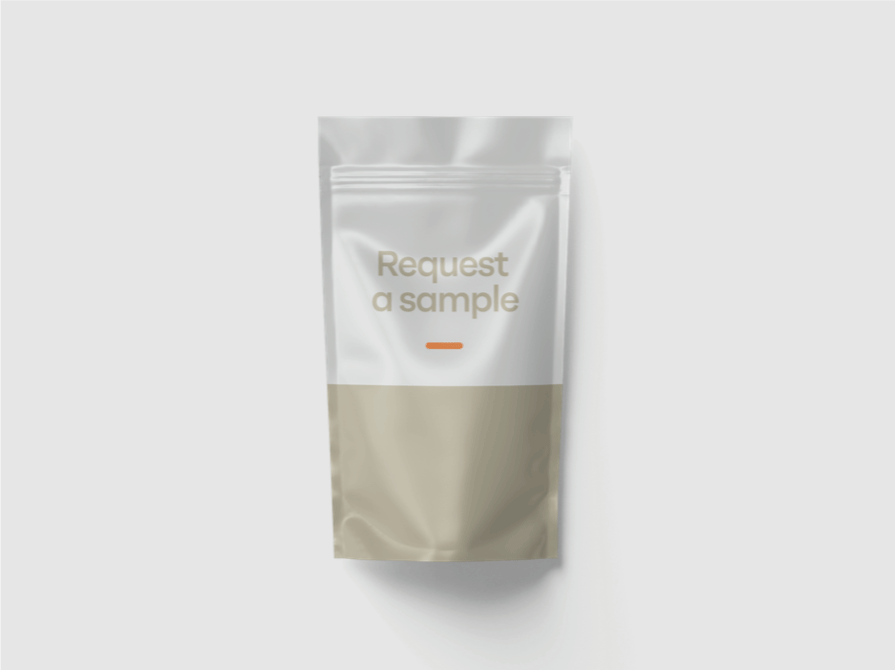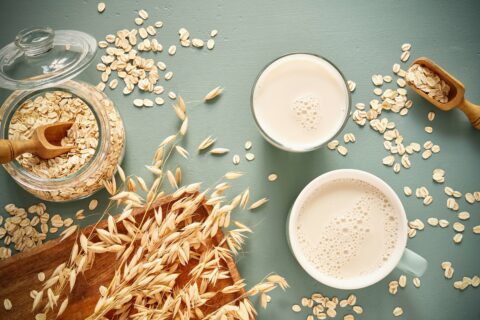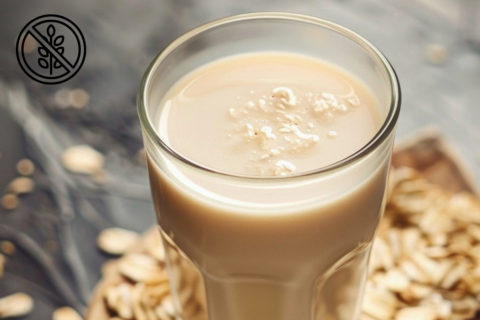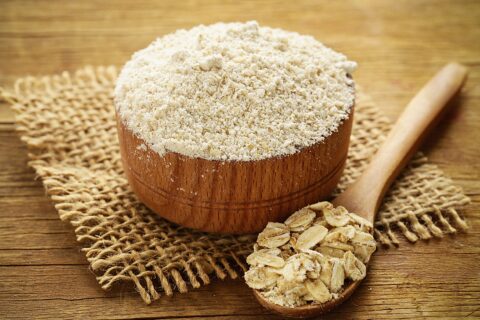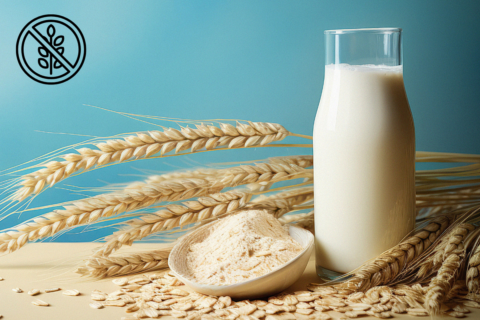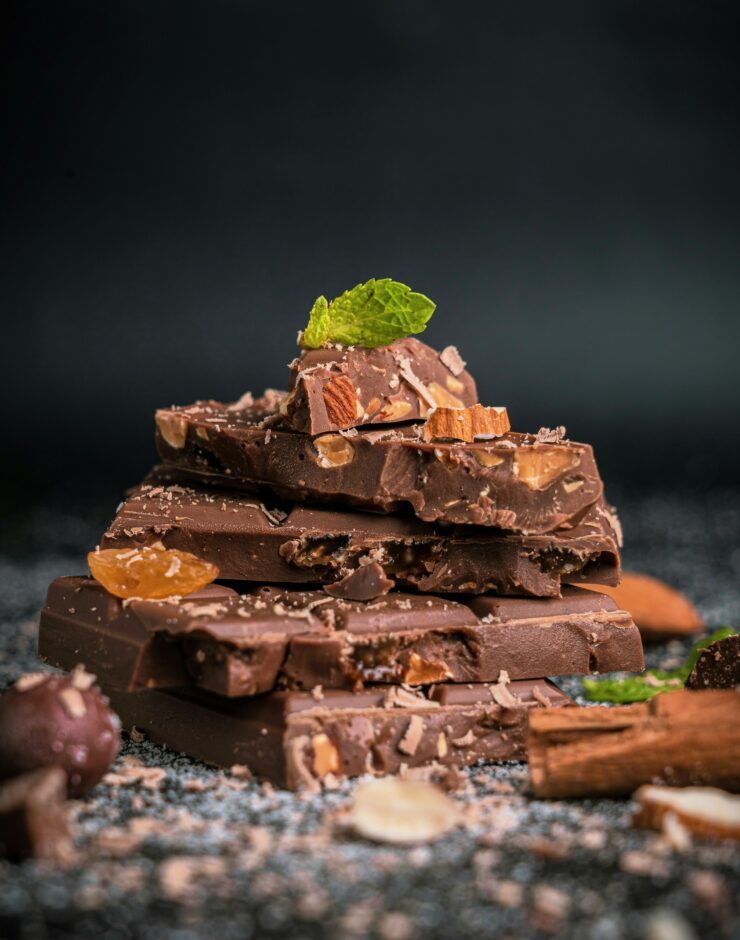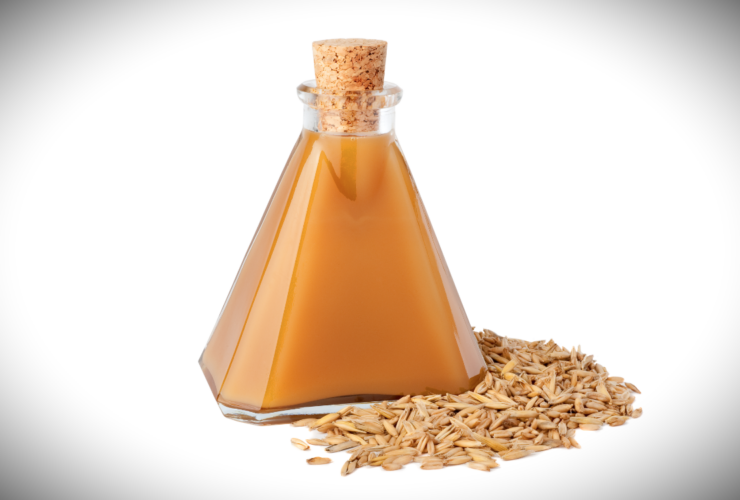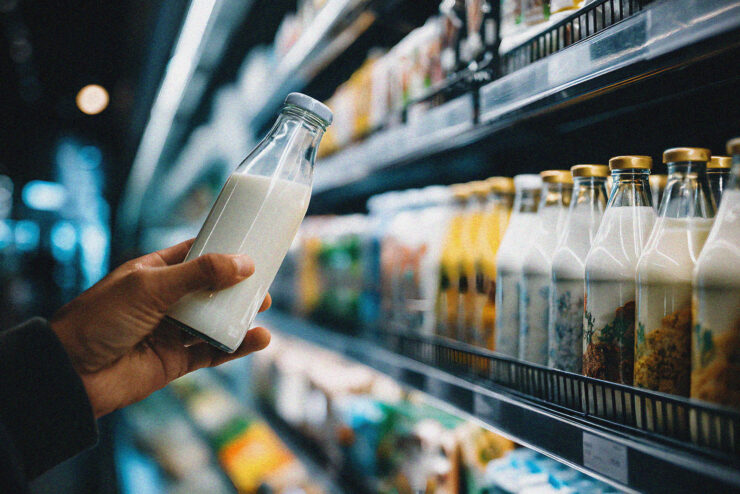Oat Milk Vs. Cow’s Milk
An overview of the environmental impact
Greenhouse Gas Emissions – Cow’s Milk generates 3kg CO2-equivalent per kilogram, significantly higher than Oat Milk’s 0.9kg CO2-eqiuvalent. This makes Oat Milk a more sustainable choice for manufacturers seeking to reduce their carbon footprint, and align with sustainability goals.
Water Use – Cow’s Milk production requires 628 litres of water per kilogram, a stark contrast to Oat Milk’s remarkably low 48 litres. This substantial difference positions Oat Milk as a water-efficient choice.
Land Use – The production of Cow’s Milk requires 9 square metres of land per kg, while Oat Milk only requires 0.8 square metres. This highlights Oat Milk’s potential for resource-efficient production, particularly in regions with limited agricultural space.
| Type of Milk (per kg) | Greenhouse Gas Emissions (kg CO2 or equivalent) | Water Use (litres) | Land Use (square metres) |
|---|---|---|---|
| Cow's Milk | 3.0 | 628 | 9.0 |
| Oat Milk | 0.9 | 48 | 0.8 |
| Soya Milk | 1.0 | 28 | 0.7 |
| Almond Milk | 0.7 | 371 | 0.5 |
| Rice Milk | 1.2 | 270 | 0.3 |
